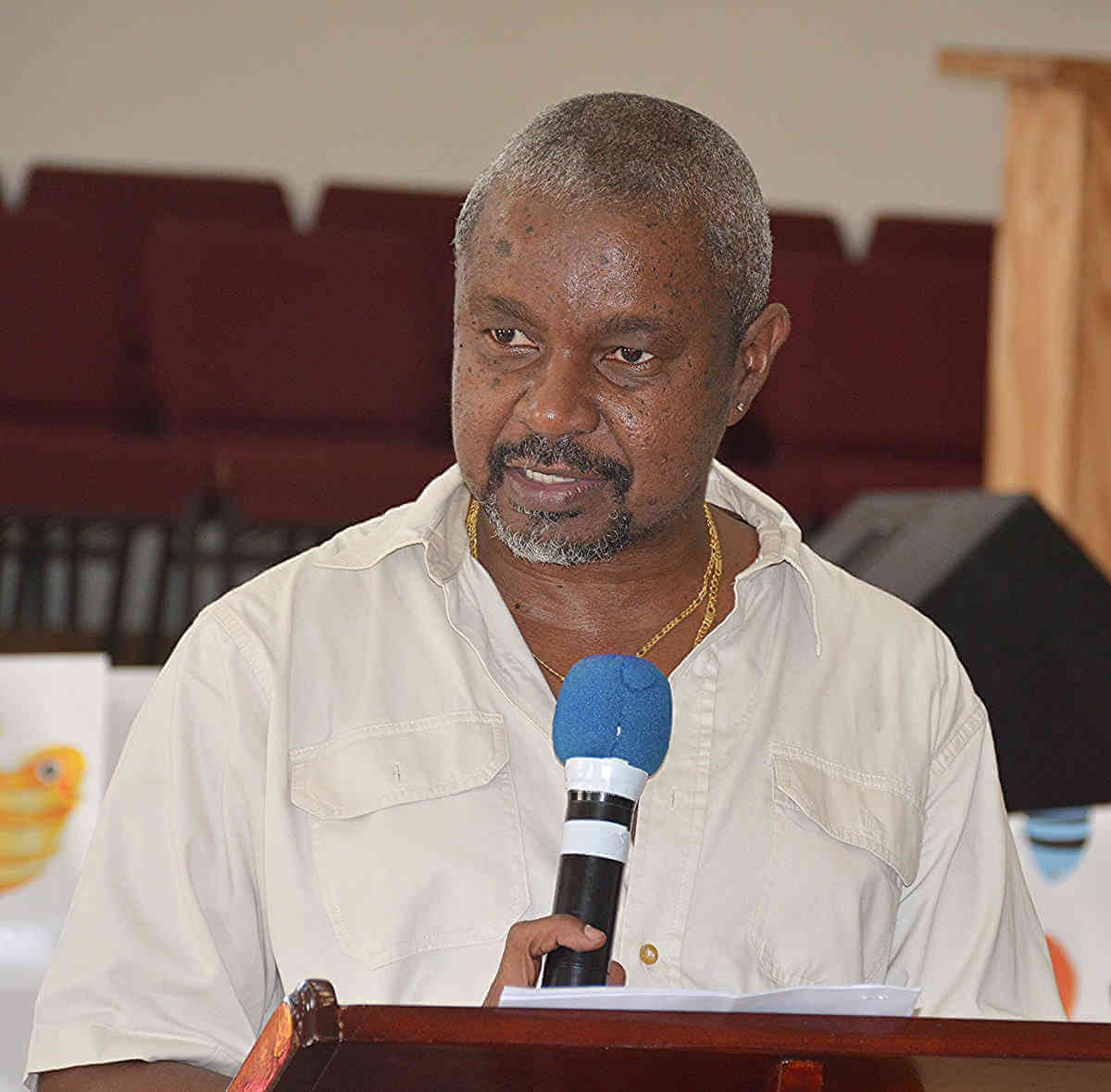Barbadians are not making many children and officials believe it is pushing the island to a crisis of labour, reducing not only the local workforce but also putting at risk the pensions for those who have retired.
The problem is that the birth rate in Barbados has dropped sharply giving rise to a knock-on effect that will see a lower number of persons of working age than the number of those past retirement.
This means that sometime soon there will not be enough Barbadians to fill job positions, which in turn means fewer persons will be paying, through work deductions, into the collective pensions programme, the National Insurance Scheme (NIS), that is responsible for disbursement of old-age benefits to most Bajans thereby threatening their retirement life.
The NIS, applied by governments across the English-speaking Caribbean, is a programme of compulsory payments by workers and their employers. It covers a range of payment benefits from sickness, accident, disability to pensions and cost of funeral. But in a legal pyramid-like system, it is dependent on the continuous input of payments of those within the working age to ensure the flow of benefits to those who have already contributed and passed the age of retirement.
“As Barbados continues to develop its aspirational goals it is necessary to ensure that there is a workforce that can carry the country forward. Declining birth rates, coupled with an ageing population, will have a significant impact on our ability to project for the future requirements of national development,” Chief Medical Officer, Dr. Kenneth George has said.
“In 2007, there were 3258 births recorded, and within 10 years this dropped to 2346, a 15 percent decline.”
George said the reduction in new Bajan babies is caused by a combination of falling fertility rates, declining birth rates and universal access to contraception.
He said government is moving towards an action plan to halt the downward slide in the Barbadian birth rate
“I have, therefore, requested that the Ministry of Health and Wellness start a national dialogue on this important issue that must involve a multi-sectoral approach including agencies such as Youth and Community Empowerment, Finance and Economic Affairs, National Insurance, Welfare and People Empowerment and Elder Affairs, so as to find a national solution,” he said.
The alarm bells being sounded now harks back to remarks six years ago by a former education minister, Ronald Jones, who bluntly said Barbadians should make more babies.
He said an accelerated baby-making initiative would, “make sense of the programmes we are looking to develop in Barbados: more people paying taxes, more people eating our agricultural produce and utilising our manufactured goods and services.”
“Over the next 10 years we have to change the size of this population. We can comfortably go to 325, 000 [and] people could still live comfortably in the space they have.”
Barbados has an estimated population hovering on 280,000.
“Barbados needs a slightly bigger population,” Jones had said, adding, “if it can’t be reproduced in Barbados — because the Barbados Family Planning Association (BFPA) has overdone its job — then we must open our doors and [invite] a careful selection of those who can deliver children and within a certain age range.”
Government has already announced plans to open its doors to skilled labour mostly from CARICOM, but the challenge to Bajans to multiply themselves remains.





















